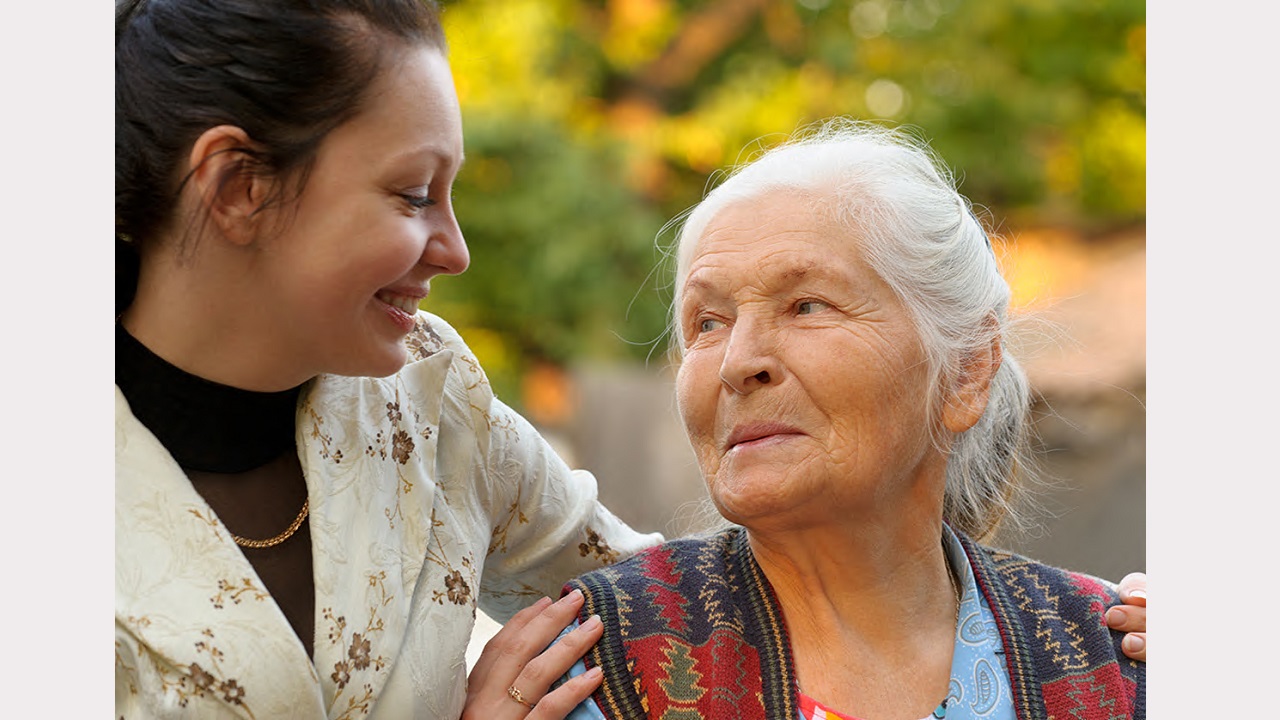

It is important that older people are supported to receive high quality palliative care in the setting of their choice, whether that be in their own home, in a residential aged care facility, in an acute care hospital or in a dedicated hospice service.
Ensuring the availability of high quality palliative care in aged care facilities and people’s own homes will enable more older Australians to have a good death, receive better support for their families and carers during the dying and bereavement process, and facilitate improved allocation of scarce health resources.
To find out what palliative care services are available to you or your loved one talk with your GP, your home care service coordinator or consult the care manager at your aged care facility.
Palliative Care Australia (PCA), together with the sector more broadly, has advocated strongly for many years that palliative care must be considered core business in aged care.
PCA’s Palli8 plan provides eight key recommendations to improve palliative care in aged care and was inspired by PCAs submissions to the Royal Commission into Aged Care Quality and Safety (Royal Commission). Palli8 was formally launched in September 2020 at an online Parliamentary Friends of Palliative Care event. It was further updated following the final report of the Royal Commission, which endorsed many of the recommendations outline in Palli8.
Further information on Palli8 can be found on the Palli8 webpage.
The Royal Commission was established on 8 October 2018 and presented its final report on 26 February 2021. The Government formally responded to the final report on 11 May 2021.
PCA welcomed the recommendations of the Commission and is encouraged that the Commission either fully or partially embraced many of the priorities it highlighted in its eight submissions recognising the fundamental importance of palliative care in delivering quality aged care. Palliative care is one of four areas singled out for immediate attention, with The Commission stating that, "A number of our recommendations will contribute to ensuring high quality palliative care becomes core business for aged care services."
Other key recommendations include comprehensive sector funding that specifically includes palliative and end-of-life care and a review of the Aged Care Quality Standards to require residential aged care providers to provide high-quality palliative care, which both align with PCA's Palli8 Plan.
PCA will continue to monitor the implementation of these key recommendations and offer its support to The Commonwealth and State and Territory governments during the process.
All PCA submissions to the Royal Commission are available at: Submissions and Reports. In addition to these submissions, PCA's previous Board Chair Dr Jane Fischer represented PCA as a witness before the Royal Commission and provided a detailed witness statement.
End of Life Directions for Aged Care (ELDAC) is a national specialist palliative care and advance care planning advisory service. This service comprises a comprehensive website and a telephone advisory service. These resources will equip care providers with skills and information to help older Australians receive high-quality end of life care in familiar surroundings with little or no need for hospitalisation.
ELDAC uses innovative technology solutions to assist those who work in aged care and palliative care. The tools will provide access to information and resources including toolkits for those who provide residential aged care, home care and primary care. A telephone and web-based navigation service will help aged care workers, nurses and GPs to find information about end of life care and relevant local or regional services.
PCA is proud to be a member of the ELDAC national consortium along with Queensland University of Technology (QUT), Flinders University of South Australia (FUSA), University of Technology Sydney (UTS), Aged & Community Services Australia (ACSA), Leading Age Services Australia (LASA), Australian Healthcare and Hospitals Association (AHHA), and Catholic Health Australia (CHA). PCA is part of the policy stream of the ELDAC project which works towards information decision-makers about key policy and planning issues in palliative care and advance care planning in aged care.
Palliative Care and Dementia: a joint policy statement from PCA and Dementia Australia
Spiritual Care: Integral to Palliative Care in Aged Care: a joint position statement from PCA and Meaningful Ageing Australia
Palliative Care Nurse Practitioners based at Calvary’s Clare Holland House have developed an in-reach model with Canberra residential aged care facilities to deliver palliative care needs rounds and case conferences. The INSPIRED team won the team excellence award in the 2019 HESTA Australian Nursing and Midwifery Awards. Nurse Practitioner Nikki Johnston OAM won the 2019 inaugural federal Health Minister's Award for Nursing Trailblazers.
This video explains the work they do alongside residential aged care staff to ensure that palliative care is delivered to residents who would benefit from it - featuring staff and residents from Calvary Haydon Retirement Community.
10 questions to ask about palliative care in residential aged care
We recommend you or your family ask the following questions to find out whether the aged care service can manage your changing needs in the final stage of your life.
Department of Health
Provides information, tools and resources to support the aged care sector through evidence-based policy, well targeted programs, and best practice regulation.
My Aged Care
Information for older people, their families, and carers on ageing and aged care, and a pathway for needs assessment and access to support services
palliAGED by CareSearch provides free online evidence-based information, practice guidance and resources on end of life and palliative care for aged care. This includes the palliAGED Apps, which provide health professionals with easy to access to palliative care information at the point of care.
Dementia Australia
Provides advocacy, support services, education and information for people of all ages, living with all forms of dementia, their families and carers.
Older Persons Advocacy Network (OPAN)
Provides advocacy, information and education services to older people to address issues related to Commonwealth funded aged care services.